BBC Micro:bit
What is it?
The BBC Micro:bit is a tiny, codeable computer developed by BBC and a plethora of other partner organisations (29 partners!) and made available for free to every child in year 7 (or equivalent) across the UK.
The device supports motion detection and bluetooth technology out of the box and includes a built in compass.
In 2016 the Micro:bit Foundation was formed and ownership transferred from the BBC.
The device supports motion detection and bluetooth technology out of the box and includes a built in compass.
You can connect it directly to your computer to write, compile and upload code via a USB cable.
It can also be powered by 2 x AAA 1.5 V batteries (with additional battery pack add-on) for when running code when not attached to your computer.
What it does
It comes with 4 different coding environments to help teach people to code.
It originally came with 4 different coding environments to help teach people to code.
- Javascript - Code King drag and drop programming environment
- Blog Editor - Drag and Drop editor developed by Microsoft
- Touch develop - A text-based programming language developed for mobile devices
- MicroPython - A text-based editor with autocomplete snippets based on a customised version of the Python 3 programming language.
In 2017, this was simplified to 2 main editors (though the legacy editors are still available).
- JavaScript Blocks Editor (PXT)
- Python Editor
Each editor comes with a tutorial to follow to help you get started.
You can also import a script from a file on your computer. These can be .hex files created in the Micro:bit or .jsz files (a compressed json format)
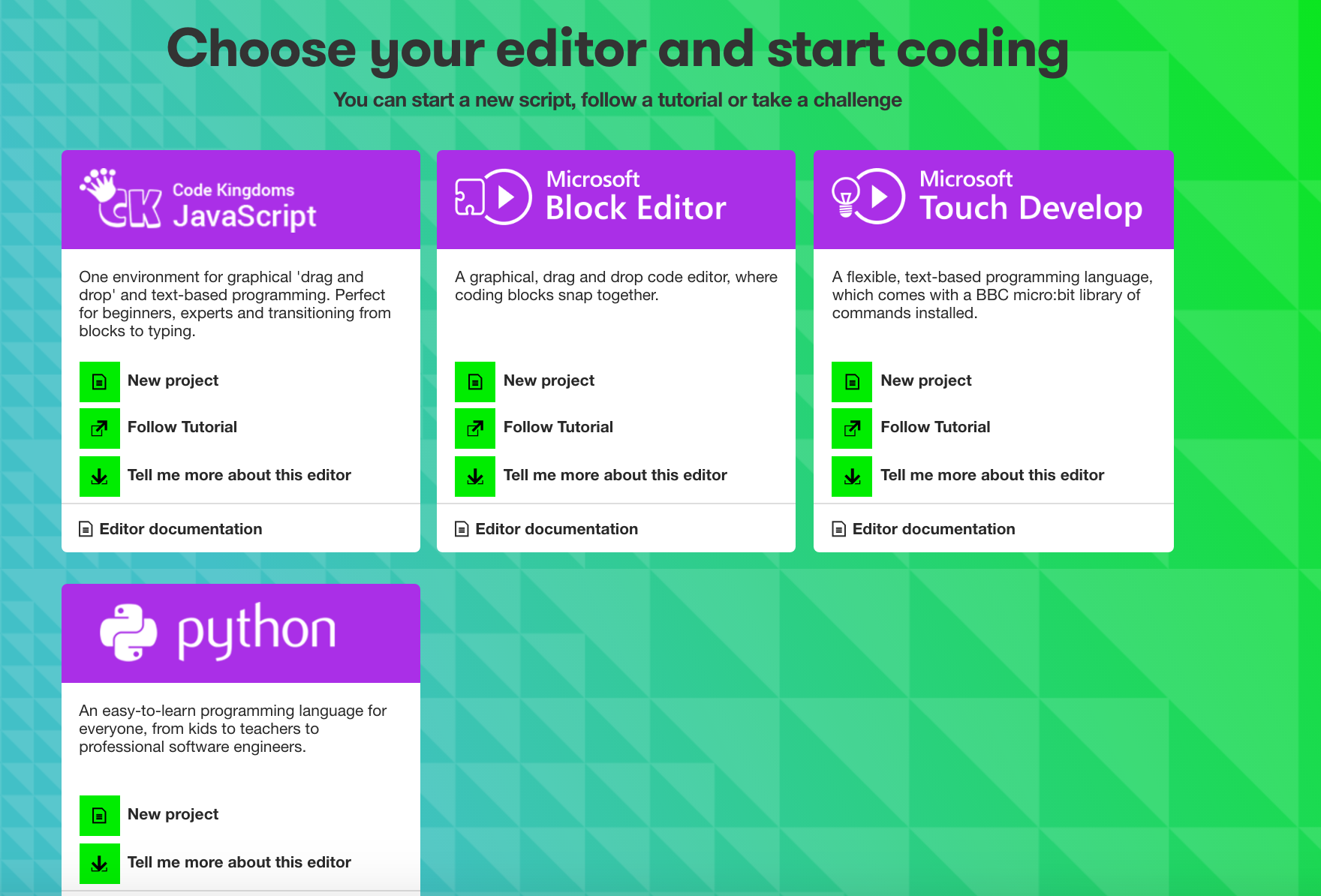
Recipes
More info
https://www.microbit.co.uk/
Subscribe
Subscribe to this blog via RSS.
Categories
Question 1
Ingredients 21
Recipes 26
Recent Posts
-
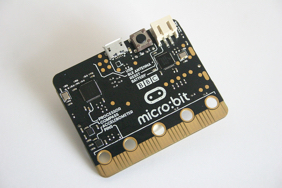 Posted on 24 Jul 2017
Posted on 24 Jul 2017
-
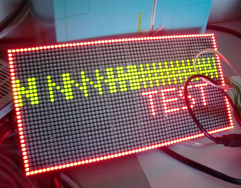 Posted on 20 Jun 2017
Posted on 20 Jun 2017
-
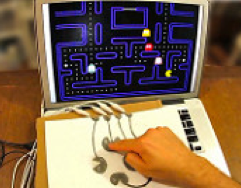 Posted on 15 Jun 2017
Posted on 15 Jun 2017
-
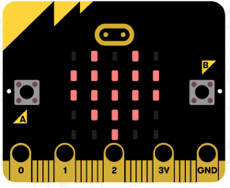
Getting started with JavaScript Blocks Editor (PXT) on Micro:Bit
Posted on 10 May 2017
Popular Tags
Arduino (2) Microcontrollers (2) Makeymakey (6) Scratch (8) Coding (6) Software (3) Sketches (1) Ide (1) Raspberrypi (11) Linux (2) 3dprinting (1) Manufacturing (1) Vr (1) Virtual_reality (1) Google (1) Circuits (3) Littlebits (4) Kits (2) Keyboard (2) Inputs (1) Cli (1) Command-line (1) Magazine (1) Make (2) Events (4) Makerfaire (1) Wires (2) Equipment (2) Breadboard (1) Electronics (3) Audio (1) Soundplant (2) Planning (2) Funding (1) Ozobot (1) Creative-computing (1) Music (3) Sonicpi (3) Cloudbit (2) Thimble (1) Images (1) Html (2) Webmakers (2) Internet (1) Ifttt (1) Sensors (2) Css (1) Learntocode (4) Paint (1) Conductivity (2) Picoboard (2) Activities (1) Workshops (3) Families (1) Microbit (4) Javascript (2) Paper (1) Electricity (1) Display (1) Browser (1) Remote (1) Headless (1) Signage (2) Digital signage (2) Privacy (1) Security (1) Configuration (1) Tools (1) Troubleshooting (1) Bugs (1) Problem-based learning (1) Hex (1) Programs (1) Onboarding (1)